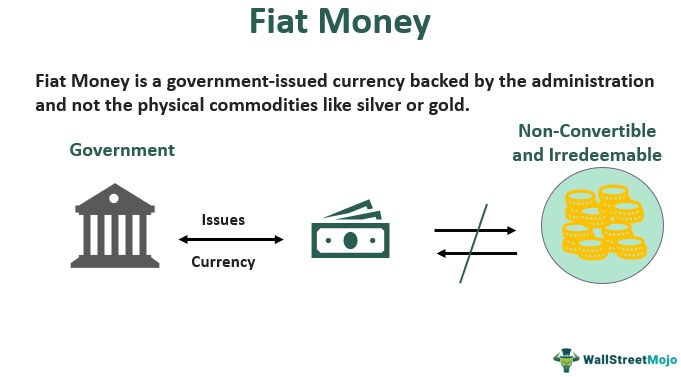Problems with fiat currency
The concept of fiat currency has been around for centuries, but its problems have become more apparent in recent times. Fiat currency is a type of currency that is not backed by any physical commodity like gold or silver. Instead, it derives its value from government regulation and legal tender laws. While this type of currency has some advantages, including flexibility and ease of use, it also has some significant drawbacks that have been discussed by philosophers and economists for centuries.
One of the biggest problems with fiat currency is that it is subject to inflation. When a government prints too much money, the value of that money decreases, leading to inflation. This can have serious consequences, including economic instability, decreased purchasing power for citizens, and increased uncertainty in financial markets. Inflation can also lead to other problems, such as a decrease in the value of savings and retirement funds, and an increase in the cost of living.
The philosopher Friedrich Nietzsche had some thoughts on the relationship between currency and inflation. He argued that inflation was a form of theft, stating that “inflation is the willful destruction of money, and thus of property”. He believed that those who control the money supply are able to manipulate society, stating that “Whoever controls the money controls the world”.
Another issue with fiat currency is that it is subject to government manipulation. Governments can print money to fund their own projects or pay off debts, without regard for the long-term consequences of these actions. This can lead to political instability, as citizens lose faith in their government’s ability to manage the economy. The philosopher John Locke warned about the dangers of government meddling in the economy, stating that “The power of the legislature is limited, and it is not lawful for them to interfere with the property of the subject without his consent”.
A related problem with fiat currency is that it can be used to fund wars and other military endeavors. This can lead to a cycle of debt and inflation, as governments print money to pay for military operations, leading to decreased value of the currency and increased costs for citizens. The philosopher Immanuel Kant believed that war was a product of human nature, stating that “War is an invention of the human mind, and the human mind can invent peace”.
In conclusion, the problems with fiat currency are complex and multifaceted. While it has some advantages over other forms of currency, such as ease of use and flexibility, it also has serious drawbacks that have been discussed by philosophers and economists for centuries. The issues of inflation, government manipulation, and military funding are just a few examples of the challenges that fiat currency presents. As society continues to evolve and change, it is important to consider these issues and work towards solutions that promote stability and prosperity for all.
